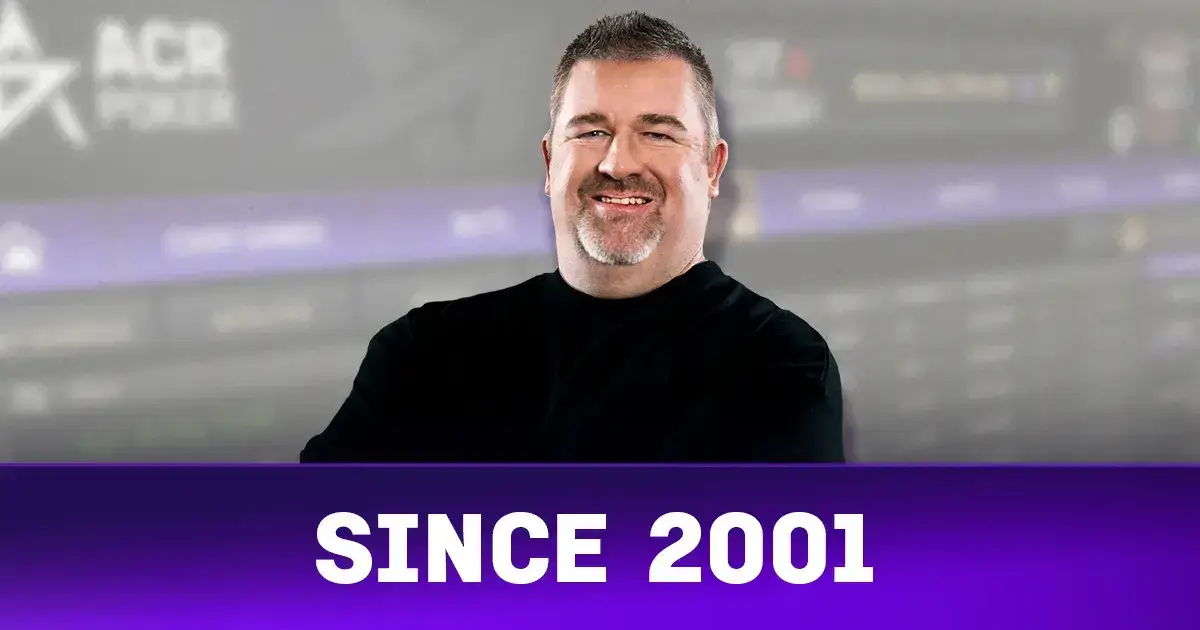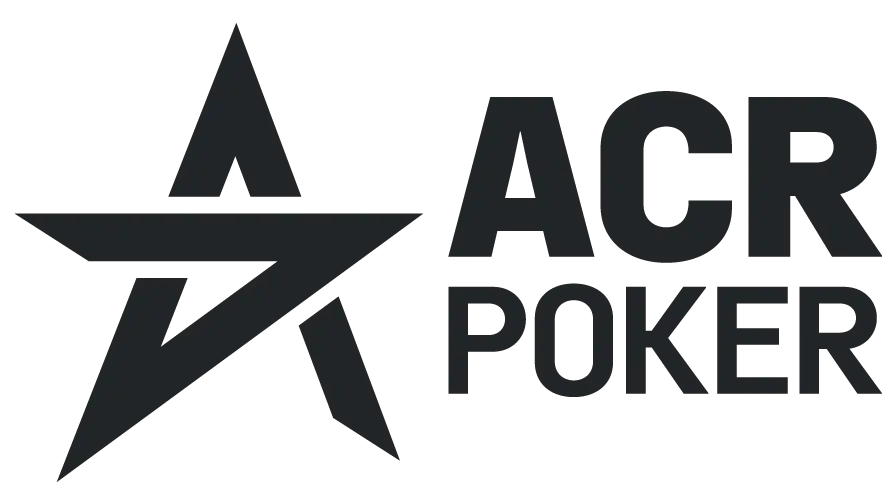
Coaching, Grinding, and Giving Back to Poker
By Jeff Boski
If you’ve played as many hands as Jeff Boski, you develop a kind of internal database, a mental archive of scenarios, patterns, and probabilities. But Boski’s approach to poker isn’t just about processing data. It’s about translating it for others, too. Because somewhere along the way, the lifelong grinder became a teacher.
“A lot of great players aren’t good coaches,” Boski says. “If your student can’t absorb the information, then the coaching is useless.”
The Natural Evolution
Boski began coaching over a decade ago. At the time, it wasn’t a pivot, it was a natural extension of his own process. Articulating poker concepts to students helped him re-engage with the fundamentals, refine his decision trees, and sharpen the very instincts that had carried him through thousands of tournaments.
“Teaching forces me to refresh concepts I might not think about during high-speed play,” he says. “It’s like a mental warm-up. I’m more dialed in for my own sessions because I’ve just walked someone else through theirs.”
The Feedback Loop
That feedback loop between coaching and grinding is part of what’s kept Boski sharp across 10,000-plus MTTs. But coaching, like poker, requires a particular set of skills. It’s not just about knowledge, it’s about connection.
“A coachable player can multitask, take notes while listening, and then actually go back and apply those notes,” he explains. “That’s how information sticks. If you don’t review and apply, you’re not improving.”
The Personal Formula
For Boski, improvement isn’t about shortcuts. It’s about structure. His personal formula is simple: Study. Information. Focus. Execution. The same rhythm applies whether he’s mentoring a new player or taking on the late stages of a high-stakes event.
And there’s no shortage of those. The Aria, the WSOP, daily grinders, Boski plays them all. Recently, he wrapped up an $800 Aria Daily that didn’t end until 3 a.m. The next morning, he wasn’t reviewing bad beats. He was thinking about the format.
The Physical Reality
“That tournament could’ve easily been a two-day event,” he says. “Poker isn’t a game for machines. These high-pressure, long sessions wear on you—physically and mentally. I wish more structures took that into account.”
Still, he shows up. And when he busts? He registers again. But always with intention.
Fresh Start Mentality
“Every bullet is its own tournament. I treat each one like a fresh start. Whether I’m in for one or five entries, the mindset has to stay the same. The only exception is if I catch myself tilting. If my play’s getting worse, I stop.”
That kind of self-awareness only comes with experience. It also comes with accountability, something Boski tries to instill in his students.
The Work Outside the Session
“It’s not enough to show up for coaching and nod along,” he says. “You have to do the work outside the session. That’s where growth happens.”
Poker is often a solitary pursuit, but Boski’s career shows the value of turning knowledge into mentorship. As much as he’s gained from the game, he’s just as invested in giving something back.
Giving Back
“If I can help someone play sharper, tilt less, or rethink a leak—that’s a win,” he says.
For a guy who’s racked up tens of thousands of tournaments, it’s not just about the titles anymore. It’s about sustainability. Integrity. Longevity. It’s about passing the torch, and doing it with precision.
Still Learning, Still Teaching
“I’m still learning every day,” Boski says. “And the best way to learn is to teach.”
Ready to learn from the best?
Whether you’re looking to improve your game or find a mentor, the journey starts with the right foundation. Join Americas Cardroom and start building your poker knowledge.
Study hard, apply what you learn, and never stop growing.
Join Americas Cardroom
